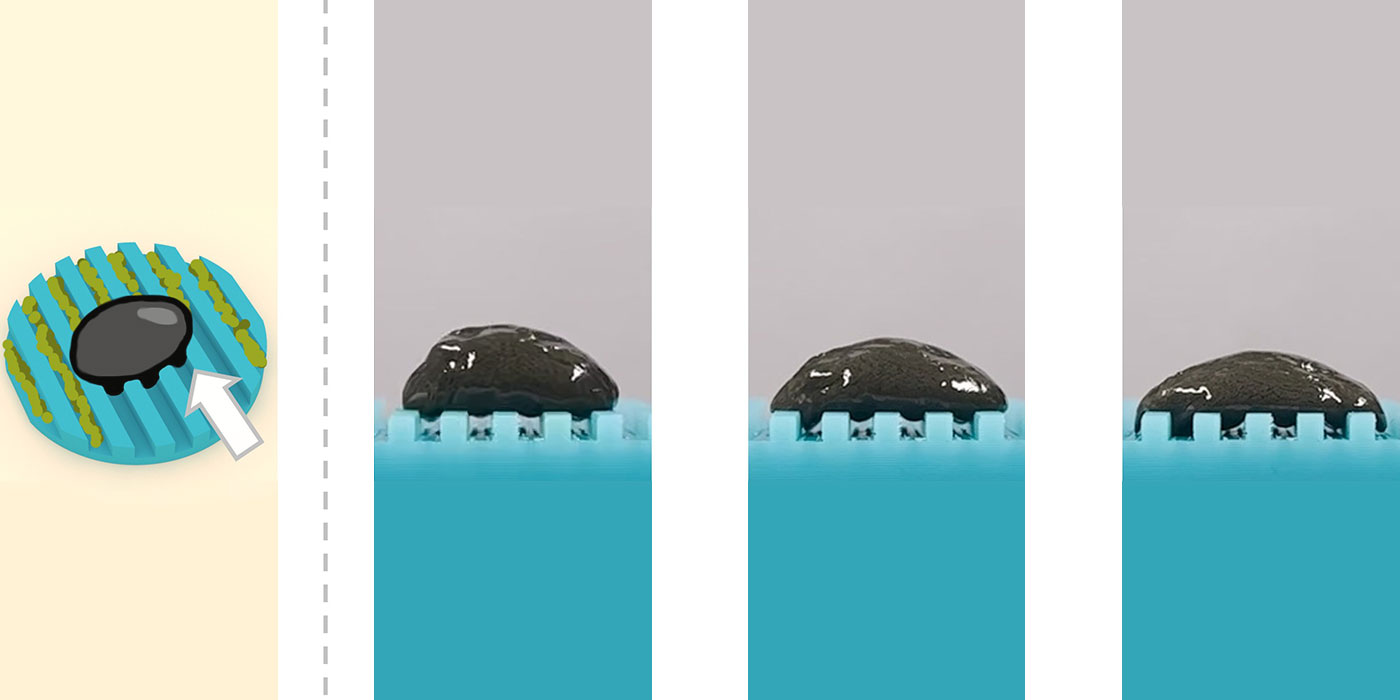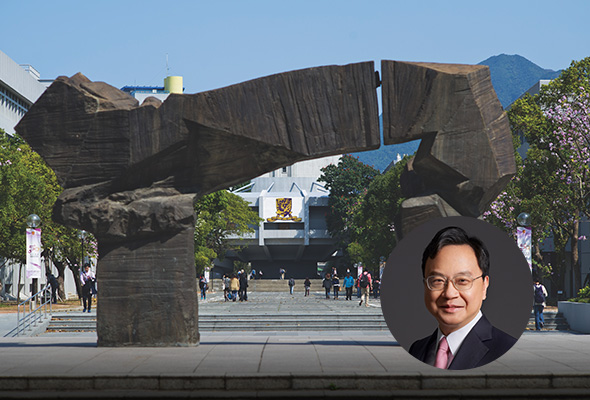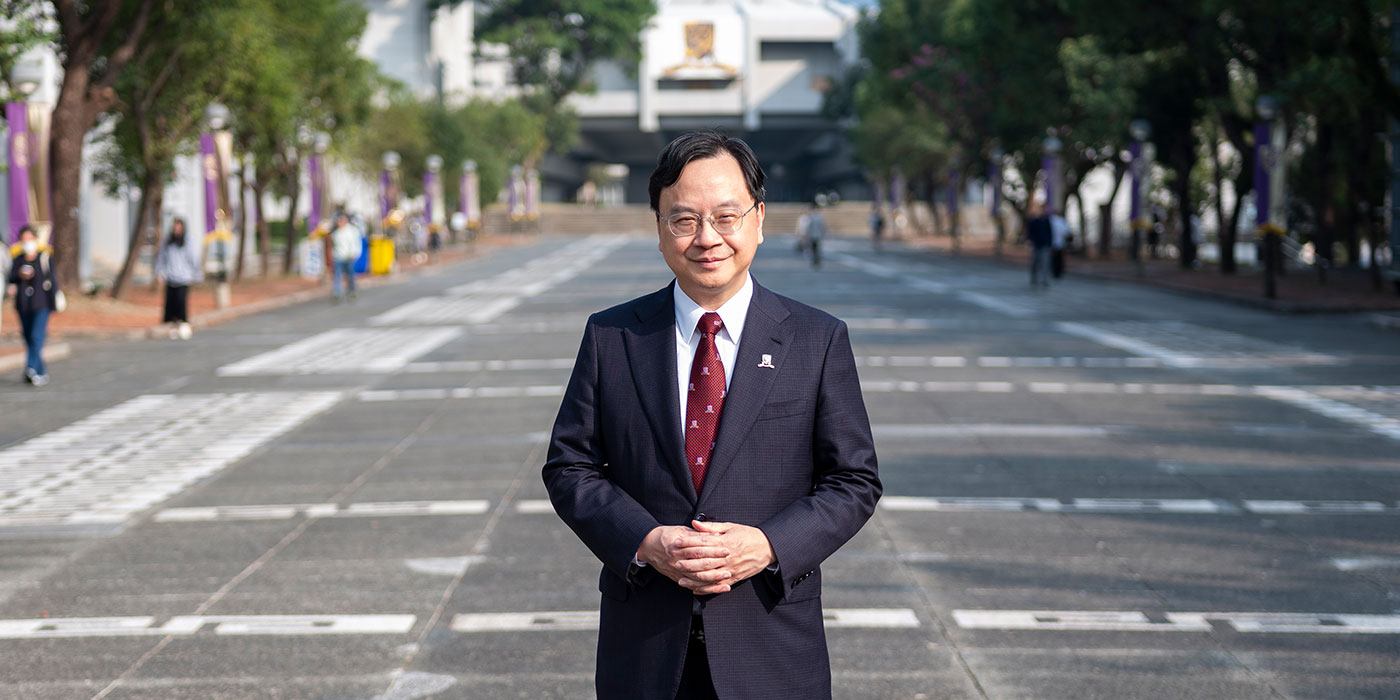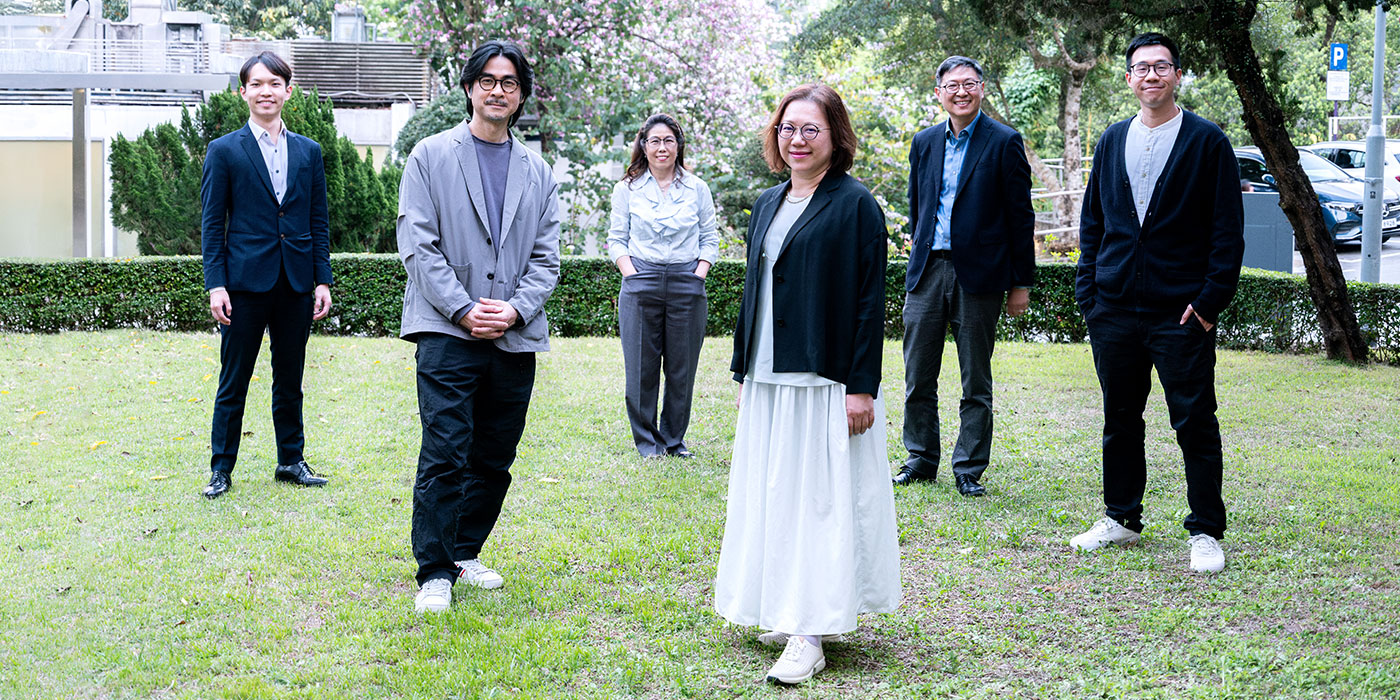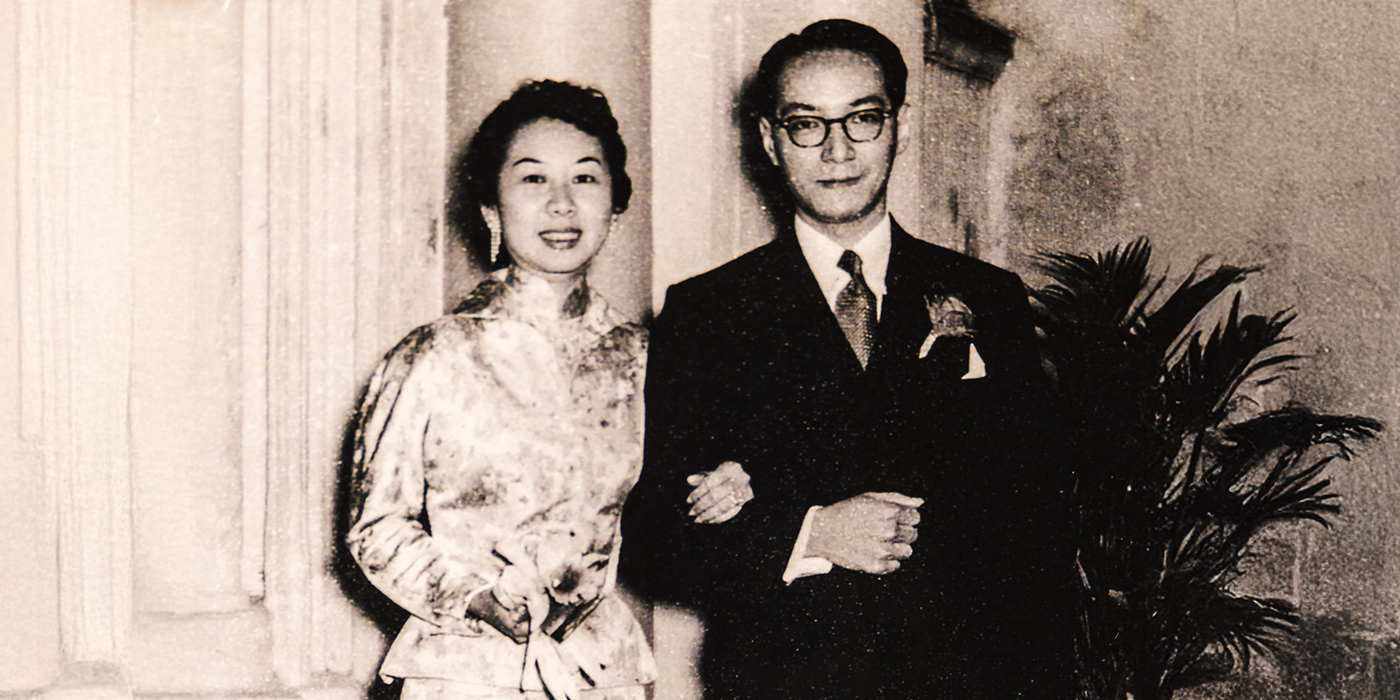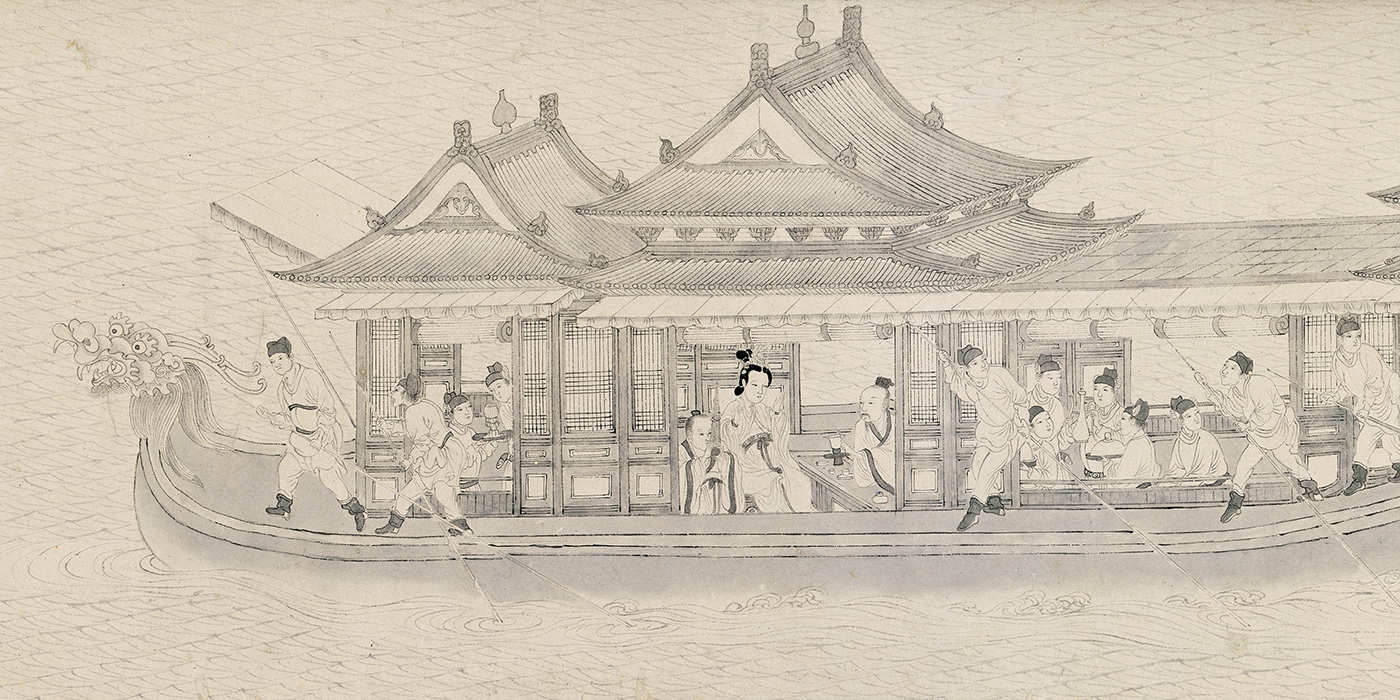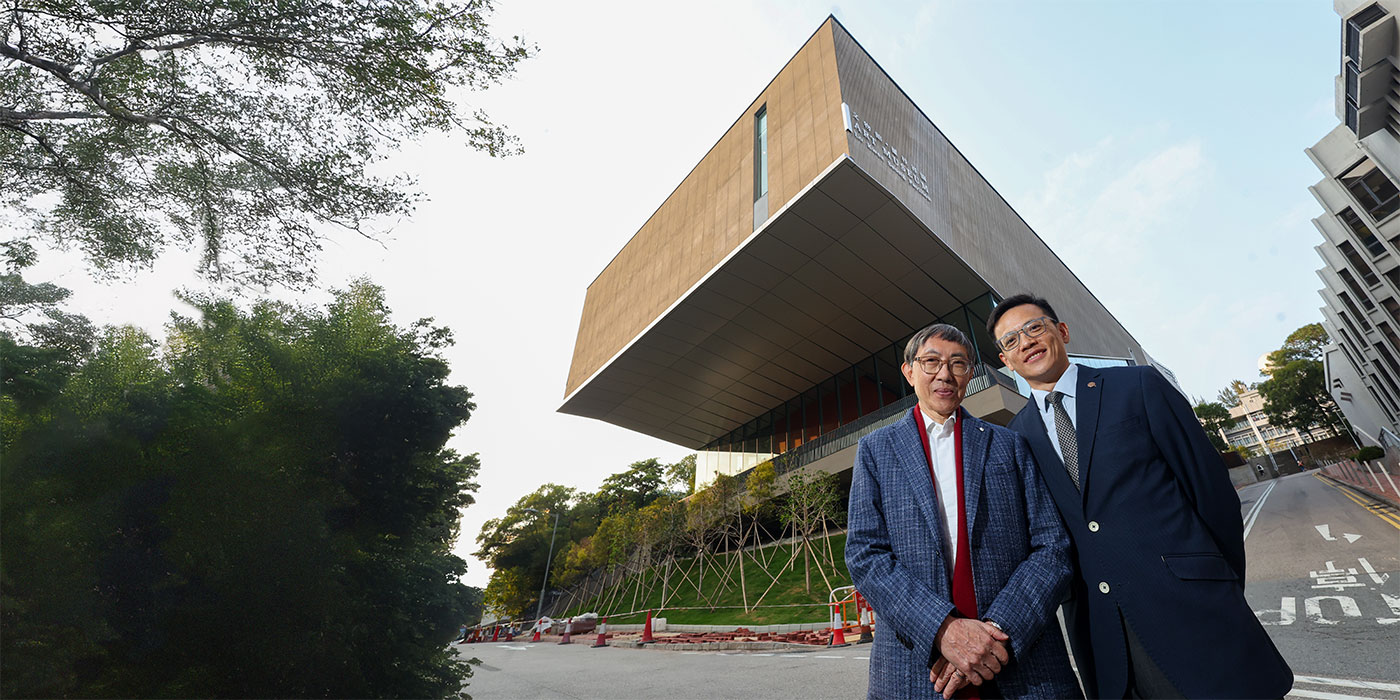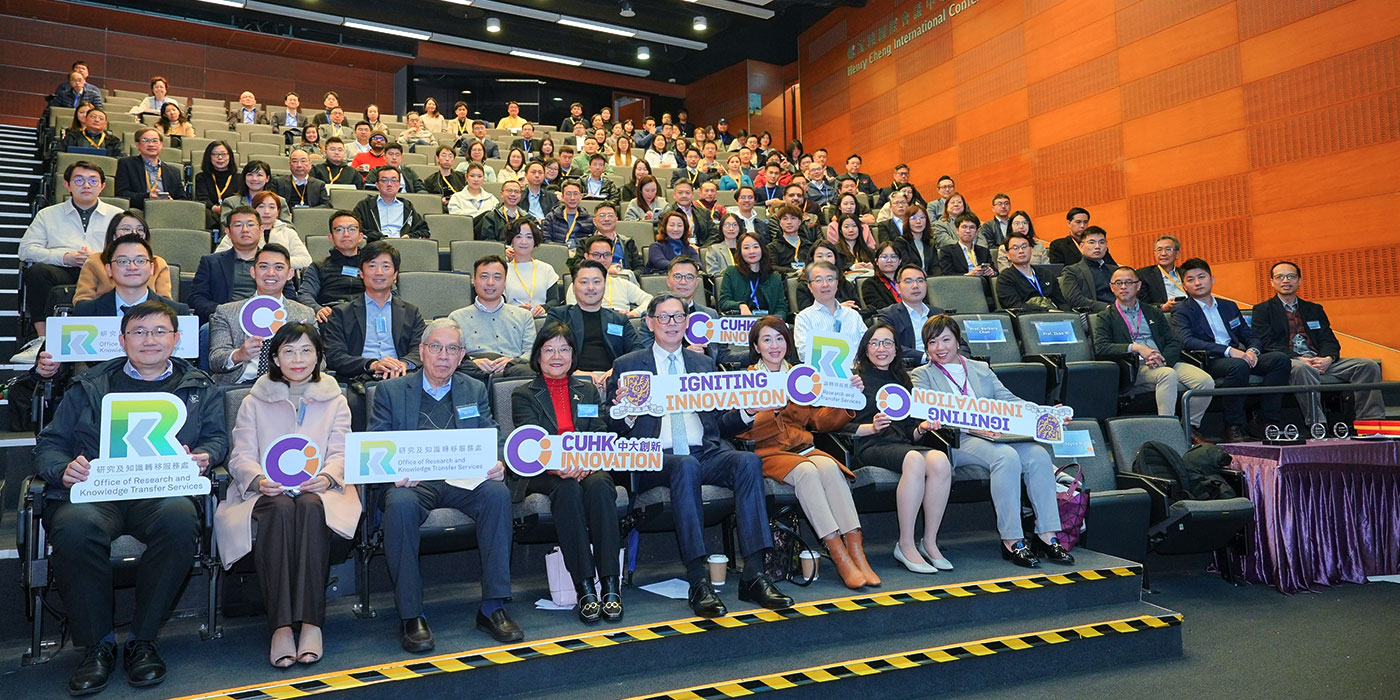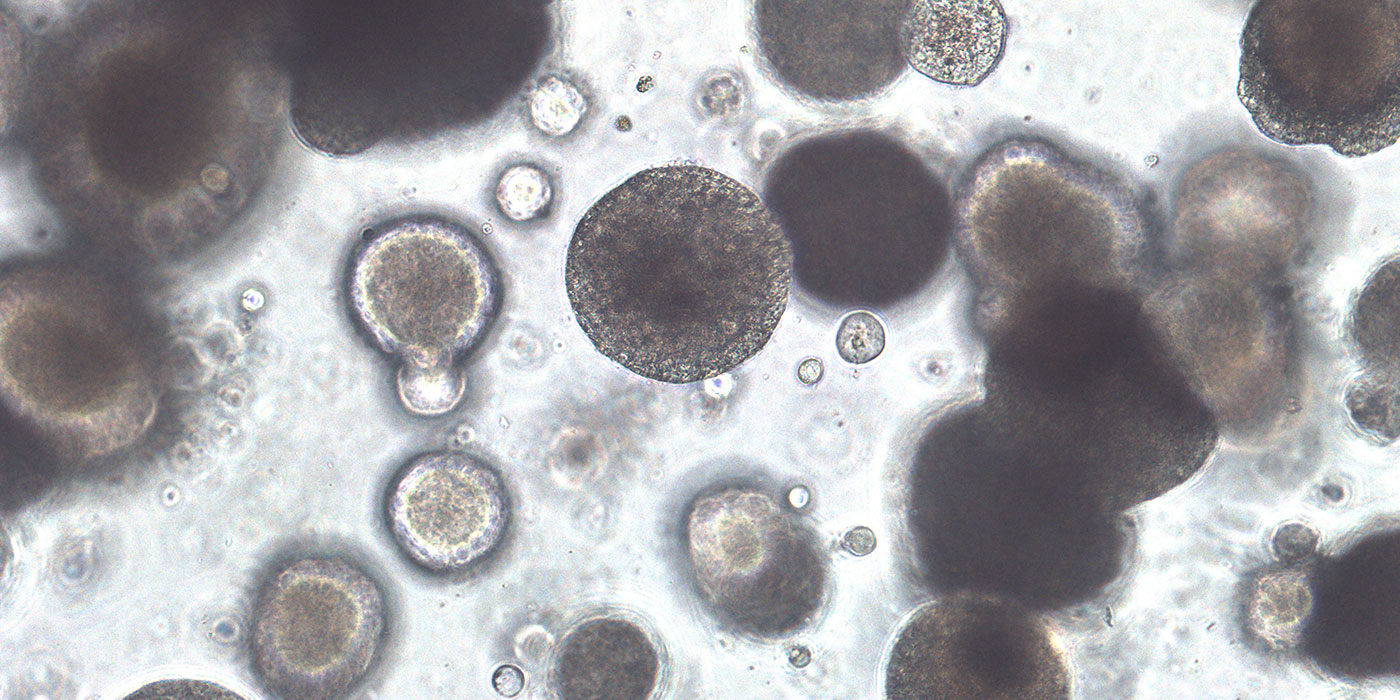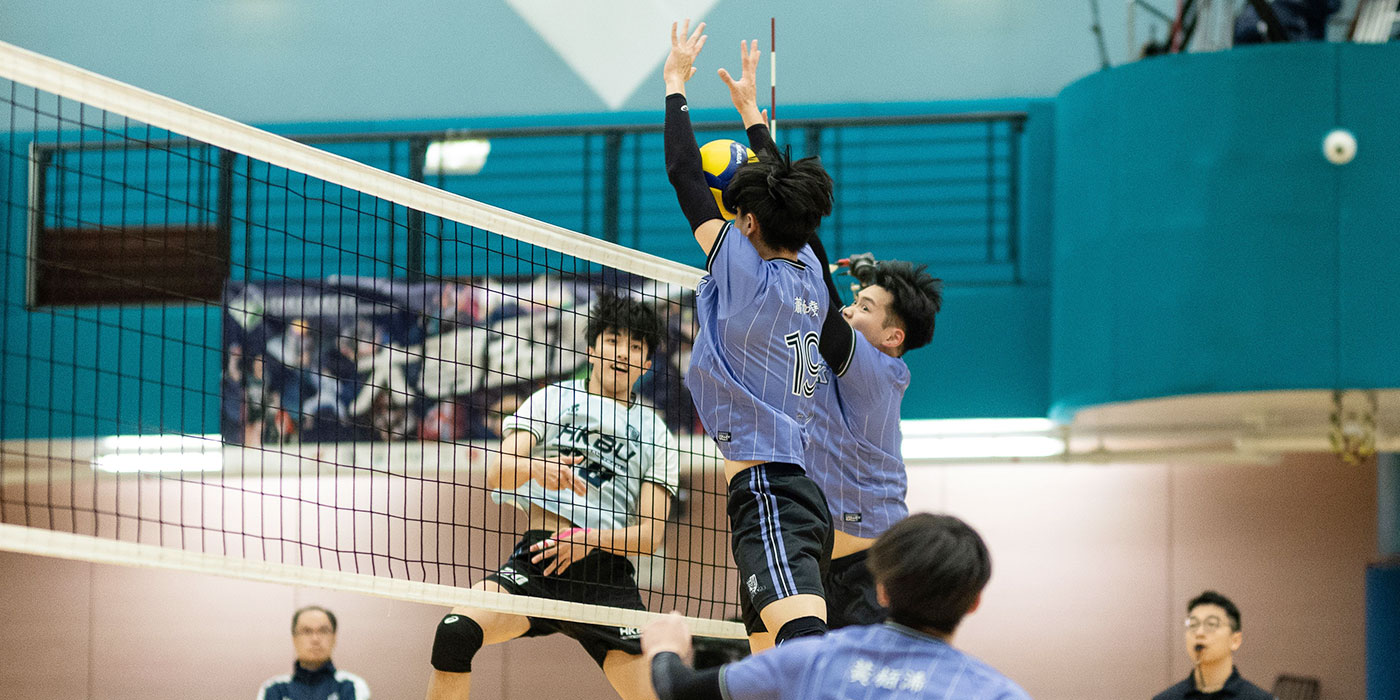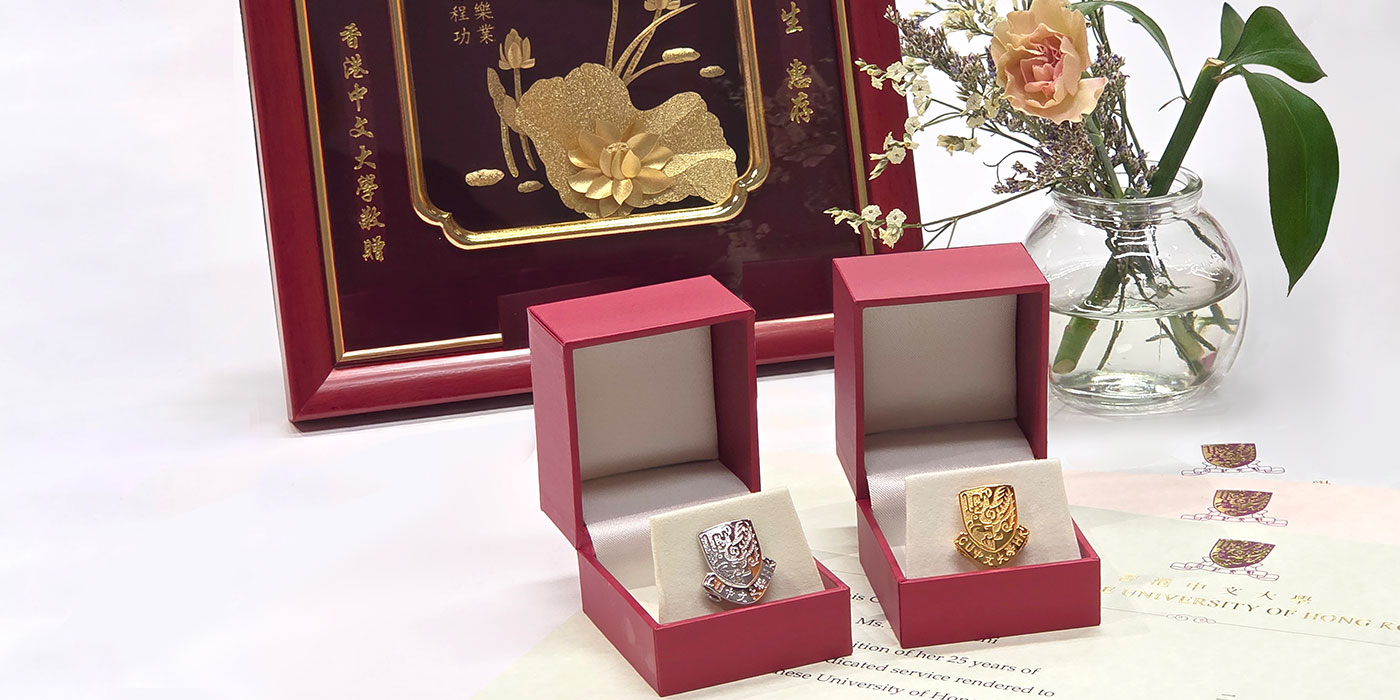CUHK develops world’s first liquid-bodied robot against biofilm infections
16 April 2025
An international research team led by CUHK has achieved a breakthrough in the field of medical microrobot. Led by Professor Zhang Li from the Department of Mechanical and Automation Engineering, the team has developed the world’s first antibiofilm liquid-bodied magnetic-controlled robot, paving the way for innovative solutions to combat biofilm infections.
The World Health Organization declared antimicrobial resistance (AMR) as one of the top ten global public health threats facing humanity in 2019, which caused nearly 5 million deaths a year globally. AMR not only is related to the emergence of resistant bacterial strains, but is also caused by the formation of biofilm barriers, where bacteria adhere to surfaces and secrete substances. Medical implants inside the human body that lack immune protection are highly susceptible to biofilm infections. Traditional antibiotic therapy struggles to penetrate biofilm barriers, while surgical removal of infected implants carries risks of secondary trauma.
The CUHK team has developed the antibiofilm robot in partnership with Nanyang Technological University in Singapore and the Max Planck Institute for Intelligent Systems in Germany.
The new robot uses a dynamic magnetic hydrogel that aid in eliminating biofilms within the human body.
Professor Zhang explained: “By precisely modulating external magnetic fields, the robot can switch between viscoelastic behavioural modes. In elastic mode, it rotates, rolls and overcomes obstacles within the body. In liquid mode, it deforms into a fluidly robot to infiltrate crevices and eradicate any biofilm within them.”
The liquid-bodied robot performed exceptionally in tests on infected medical implants. Professor Zhang added: “Our team pioneered dual-modality navigation using endoscopy and X-ray imaging, enabling precise control of the robot through metal stents in pig bile ducts. In a mouse model with infected stents, complete weight recovery was observed within 12 days, with a 40% reduction in inflammation indicators compared to the control group.”
The team is collaborating with Nanyang Technological University’s Lee Kong Chian School of Medicine to develop upgraded antibiofilm robots, with plans to advance to large animal trials and prepare for human clinical studies.
Professor Joseph Sung from Lee Kong Chian School of Medicine of Nanyang Technological University, a co-author of the study, said the findings were significant for biliary biofilm infections, a focus of his research. The team aimed to integrate next-generation antimicrobial agents and validate its efficacy in clinical settings.
The findings have been published in the renowned international research journal Science Advances.

